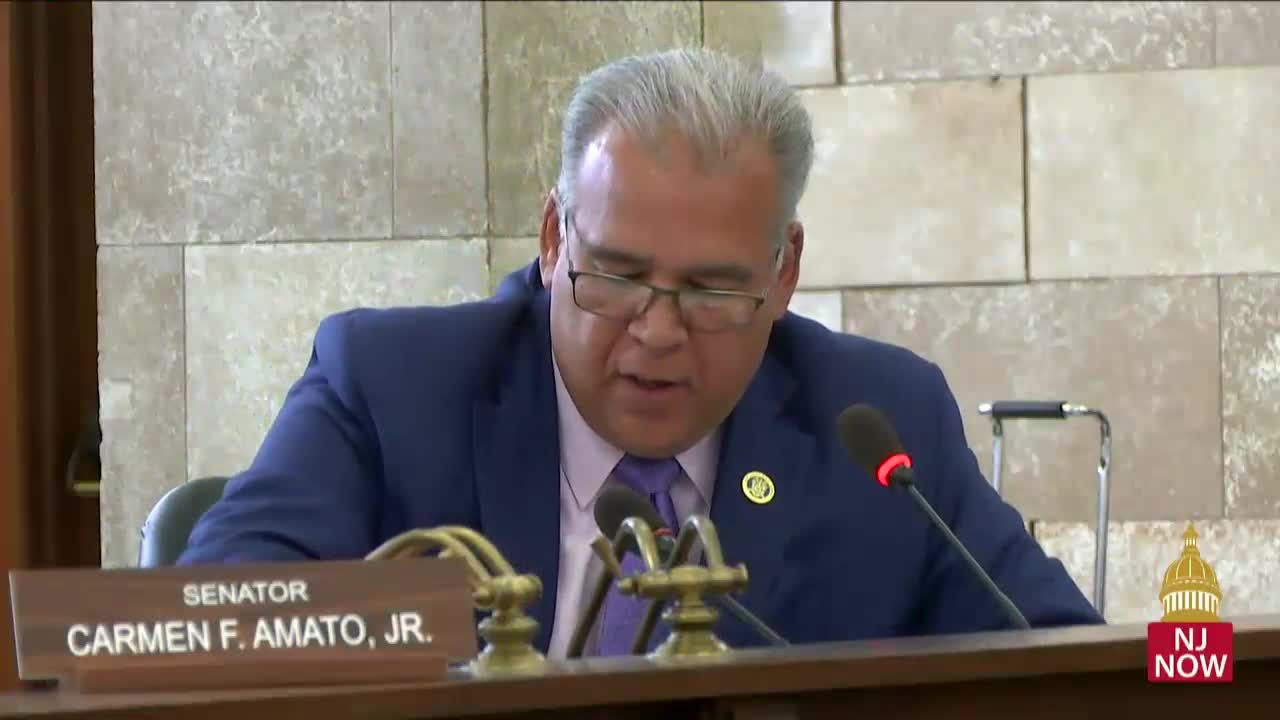Article not found
This article is no longer available. But don't worry—we've gathered other articles that discuss the same topic.

Senator presses acting AOC director on contested fair‑share process after COAH abolition

Judiciary highlights recovery, jobs and gun-violence initiatives; mental-health diversion pilots set to expand

Acting administrative director tells Senate committee judiciary is reducing backlog but judicial vacancies remain a strain

